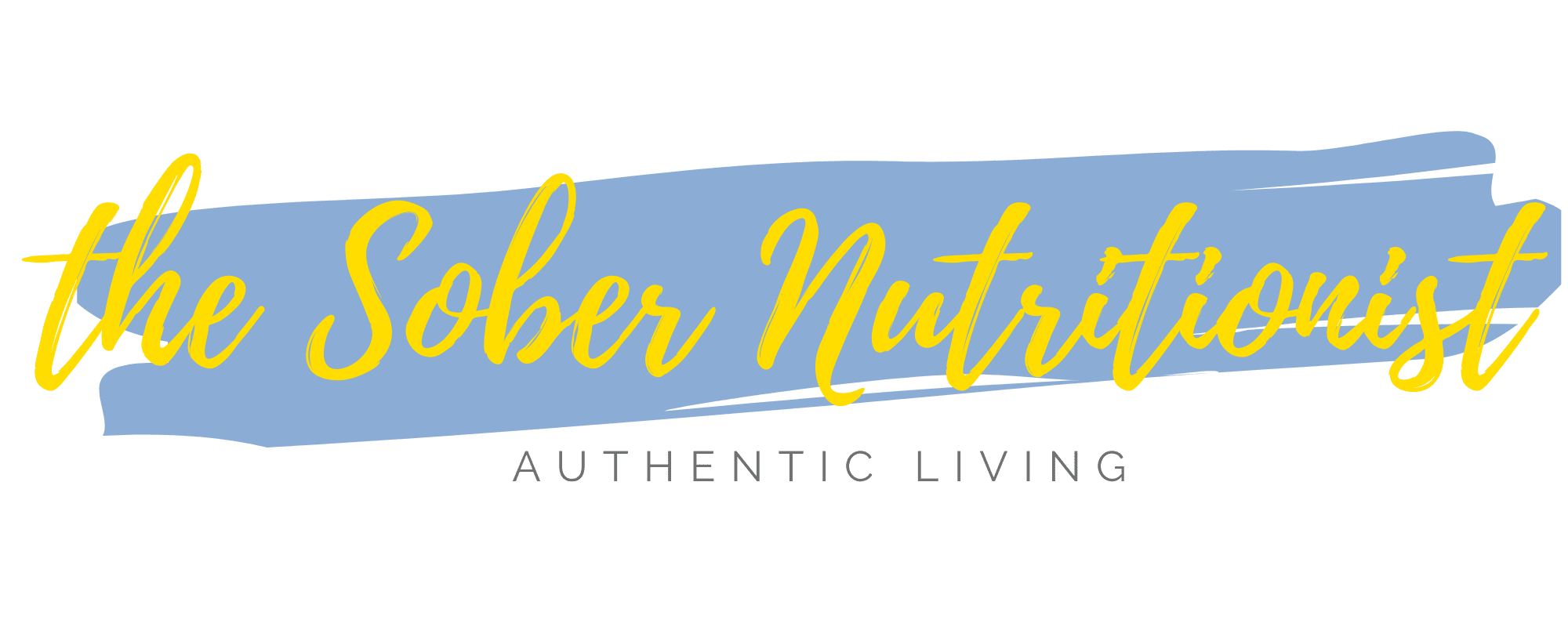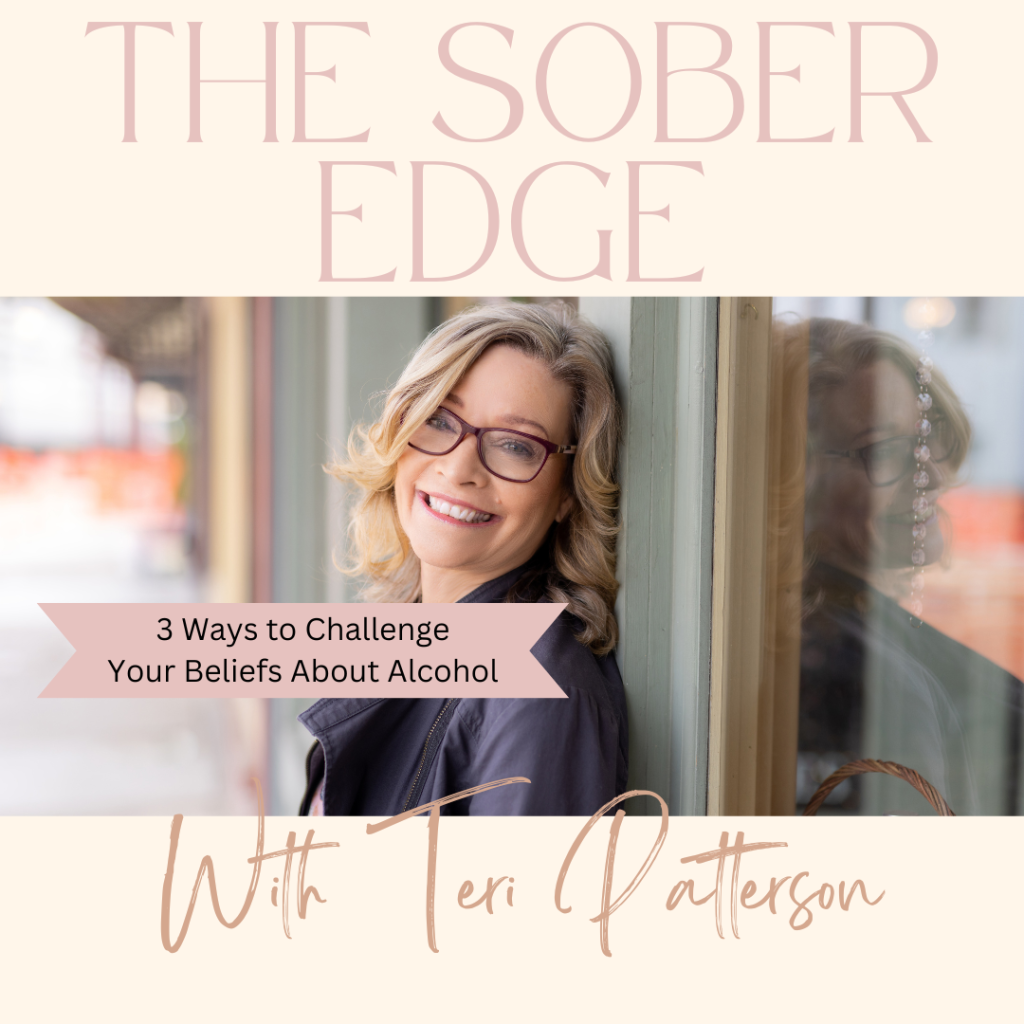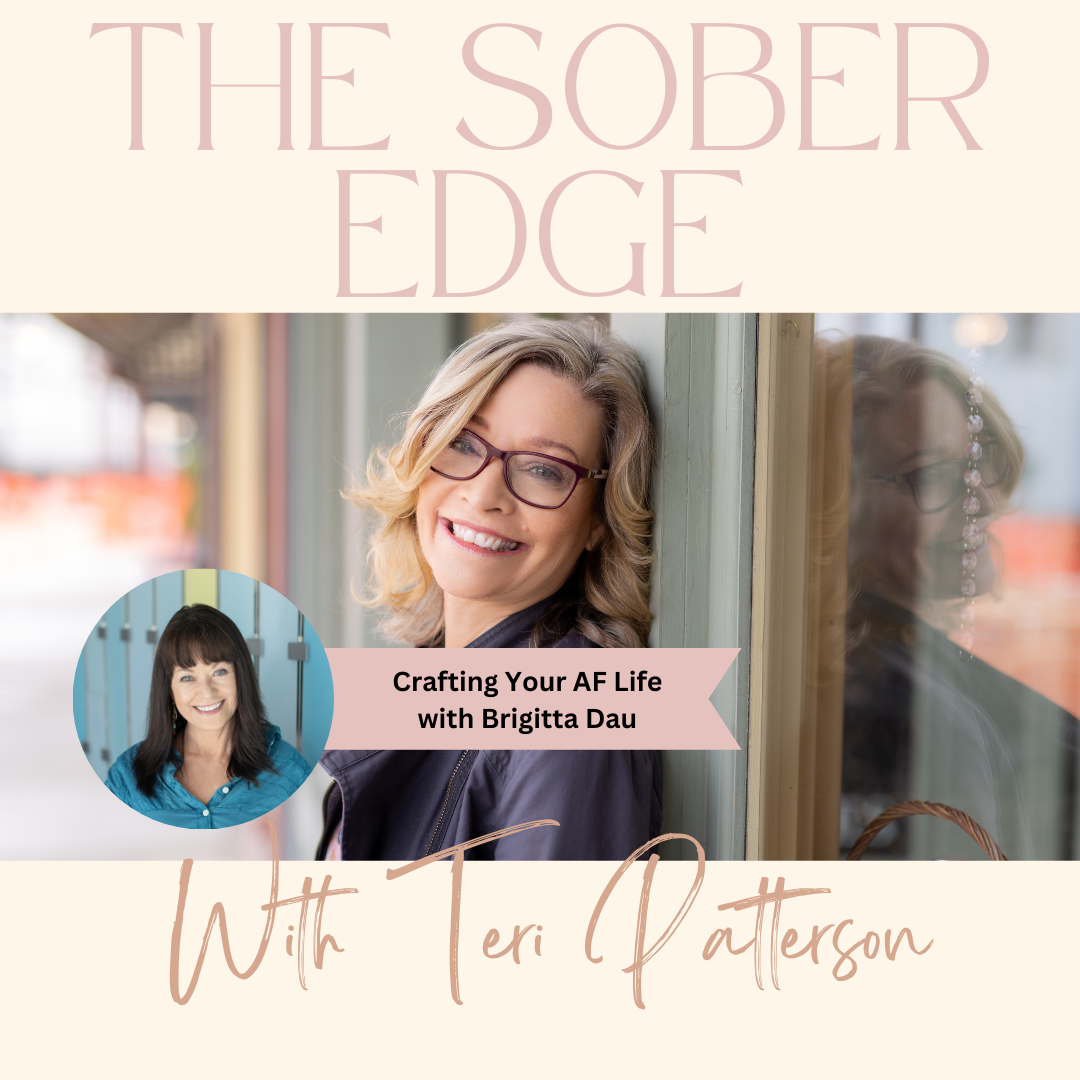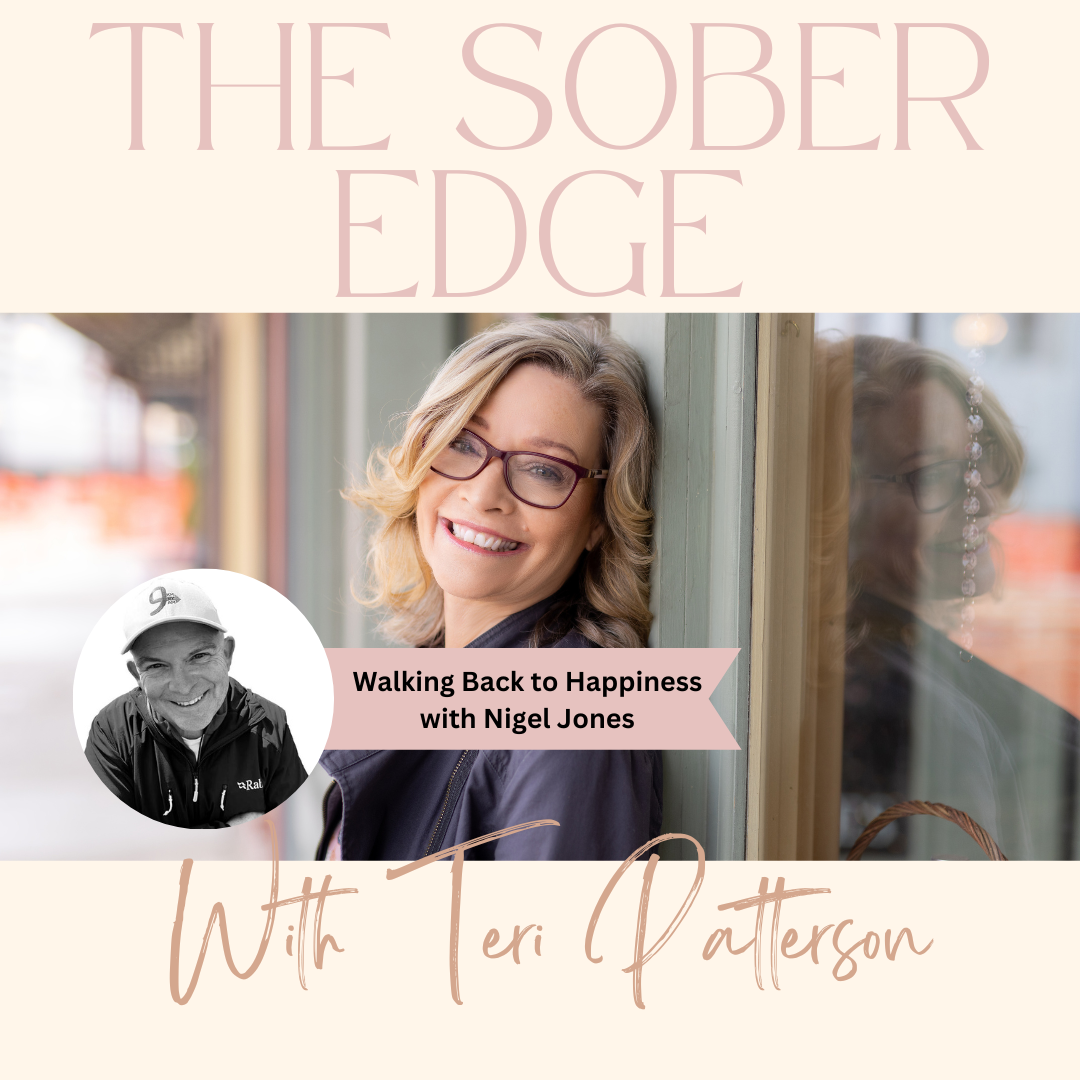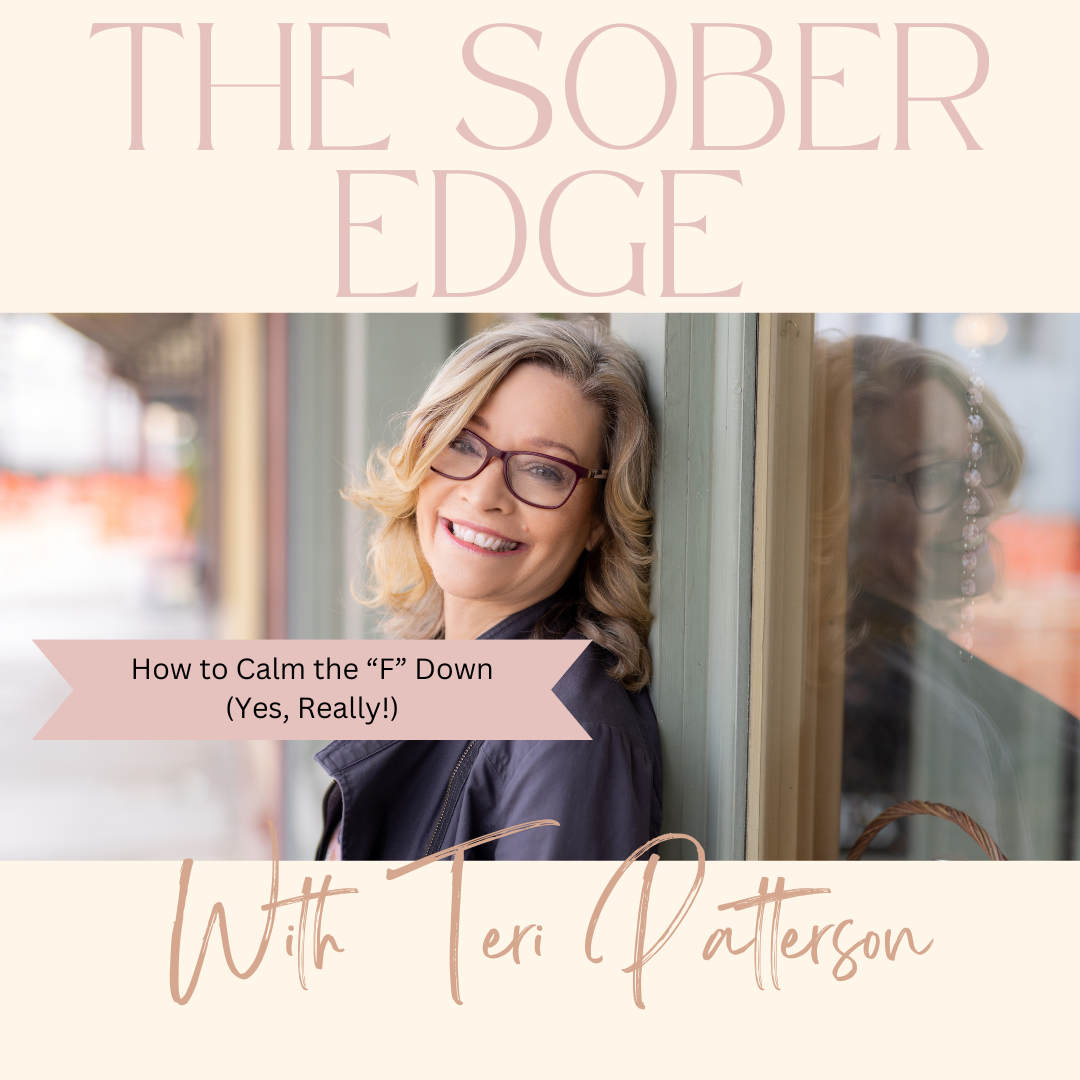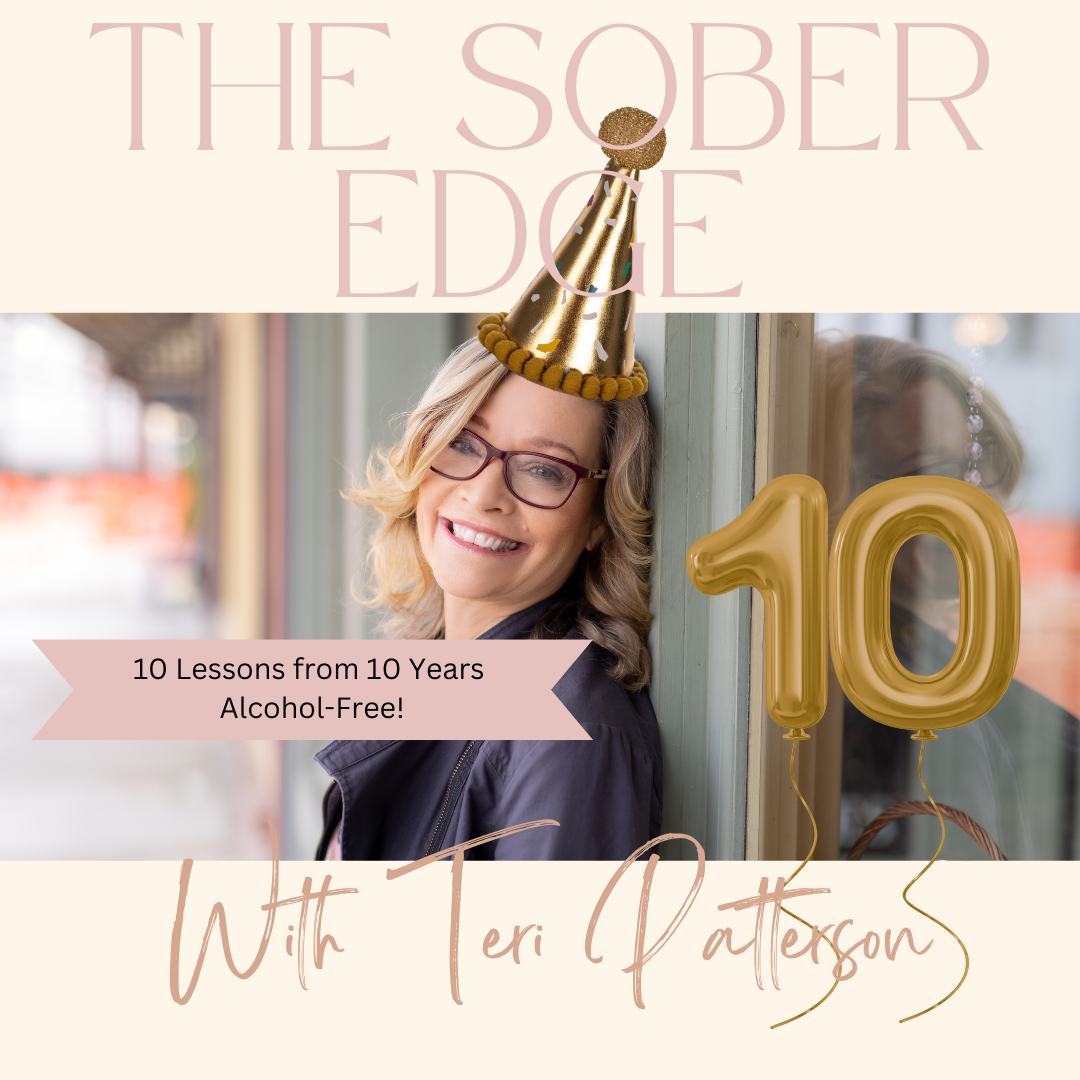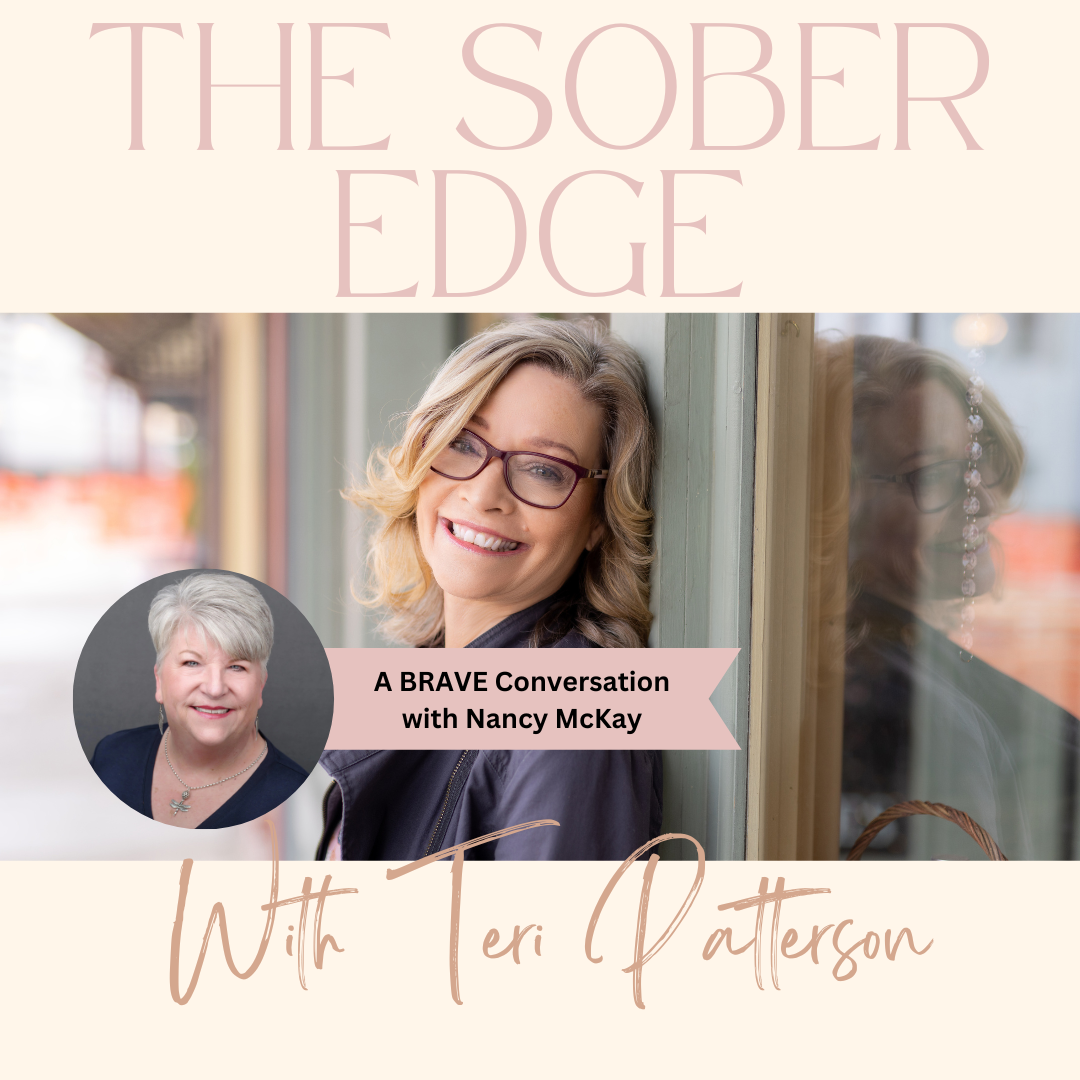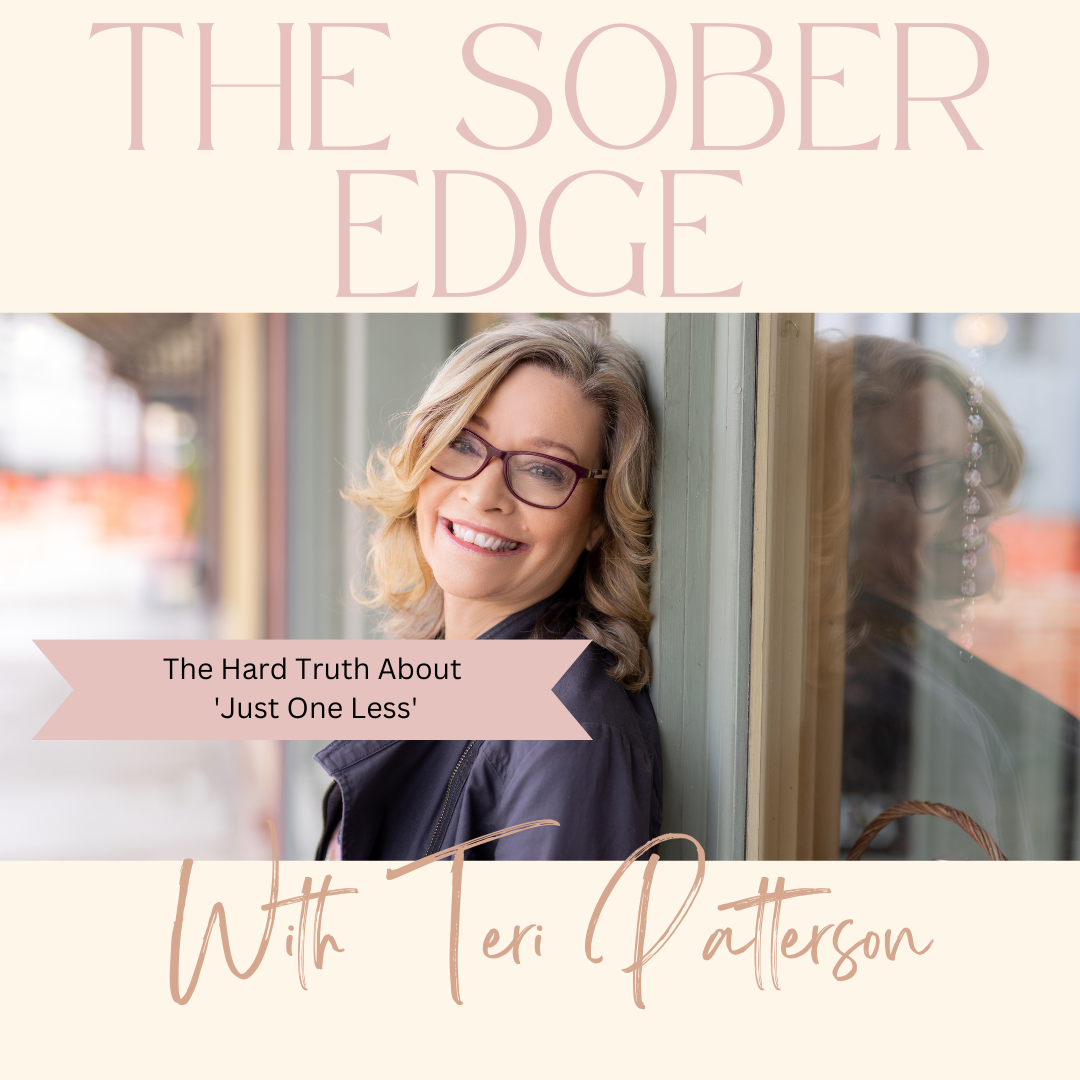Why do you believe what you believe? Where do our beliefs come from?
This week I am excited to dig deep into our belief system and how these conscious and sub-conscious beliefs can keep us stuck as we make changes in our relationship with alcohol and beyond.
First, let’s talk about the three levels of belief – particularly relevant when we think about alcohol:
- Substance (what we believe about the liquid alcohol
- Society (what our culture, our family of origin and society tells us about alcohol that we have come to accept as the truth)
- Self (what we believe about ourselves that relates to alcohol)
These levels of belief are in order (1-3) intentionally. Challenging our belief system gets harder as we move from substance to society to self. (For more on this, and examples, listen to this week’s podcast episode.)
So, how are beliefs formed, and how do we challenge the beliefs that no longer serve us?
There is a helpful model-the REBT (Rational Emotive Behavior Therapy), which brings us this ABC framework:
A – for the activating or triggering event
B- for the belief (often false) that follows this event
C – for the consequence that flows from this (irrational) thought
Understanding this framework allows us to take the next step; questioning our beliefs. Socratic questioning involves asking ourselves a series of focused, open-ended questions that encourage us to reflect on our thoughts (Clark & Egan, 2015).
Examples of effective Socratic questions include:
1. What is the evidence for this thought?
2. Could I be making any assumptions here?
3. Is this thought based on an emotional reaction or the evidence in front of me?
We all have beliefs about alcohol and some of these beliefs can keep us stuck in a cycle of drinking and over-drinking. Are you ready to question everything you think you know about alcohol?
I would love to hear your comments; hit reply and let me know one of your beliefs about alcohol or something you no longer believe.
